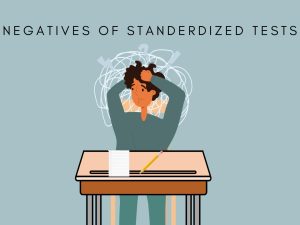To concede or not to concede
January 12, 2021
No modern presidential candidate has refused to concede the election. Once all the legal challenges are have been resolved, Donald Trump willould be become the first president in 220 years to not concede.
The peaceful transfer of power has been the normal procedure since 1800, when the country’s second president John Adams became the first to lose his reelection bid and quietly left Washington, D.C., on an early morning stagecoach to avoid attending his successor Thomas Jefferson’s inauguration.
“Some early presidential candidates even sent congratulatory letters to their opponents, “ said John R. Vile, dean of political science at Middle Tennessee State University in Murfreesboro.
Now you may be asking yourself, why is this important? What will happen if he doesn’t concede? Why doesn’t he concede? Well, let me explain further…
If he doesn’t concede there won’t be a peaceful transition of power from Trump to Joe Biden, the new president-elect of the United States. Every other president in our modern history has conceded peacefully and handed over power which ensures that the people come together when the torch is passed from president to president.
Trump doesn’t want to concede because he claims there was voter fraud in many parts of the US. Trump in fact thinks that he won the election. He believes that mail- in ballots were fraudulent and doesn’t count them as fair votes.
“In a speech late after polls had closed nationwide, Trump labeled the legitimate and very legal vote counting process as fraud and claimed he did win the election per CNN, despite the fact that millions of votes were still uncounted at that time.”
Whether or not the voting process was fraudulent, the investigation process into the claims needs to be completed. At that point, if it turns out not to be fraudulent, then conceding is the best option to ensure a united America.











